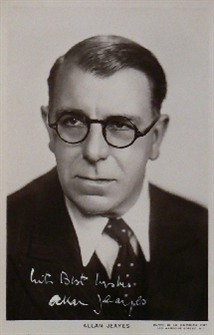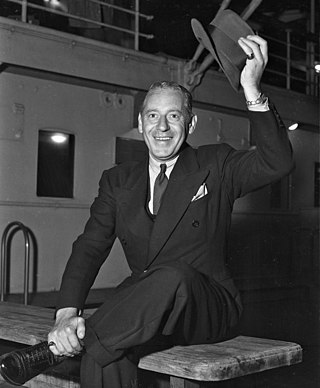
Henry O'Neill was an American actor known for playing gray-haired fathers, lawyers, and similarly dignified roles on film during the 1930s and 1940s.

Howard Close Hickman was an American actor, director and writer. He was an accomplished stage leading man, who entered films through the auspices of producer Thomas H. Ince.

Torin Herbert Erskine Thatcher was a British actor who was noted for his flashy portrayals of screen villains.

Montagu Love was an English screen, stage and vaudeville actor.
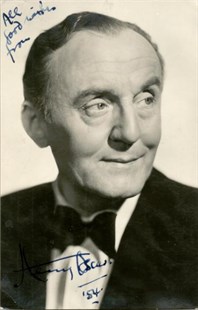
Henry Wale, known professionally as Henry Oscar, was an English stage and film actor. He changed his name and began acting in 1911, having studied under Elsie Fogerty at the Central School of Speech and Drama, then based in the Royal Albert Hall, London. He appeared in a wide range of films, including The Man Who Knew Too Much (1934), Fire Over England (1937), The Four Feathers (1939), Hatter's Castle (1942), Bonnie Prince Charlie (1948), Beau Brummell (1954), The Little Hut (1957), Beyond This Place (1959), Oscar Wilde (1960), Lawrence of Arabia (1962), The Long Ships (1963) and Murder Ahoy! (1964).

Theodore von Eltz was an American film actor, appearing in more than 200 films between 1915 and 1957. He was the father of actress Lori March.
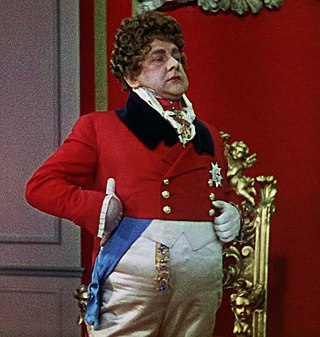
Olaf Hytten was a Scottish actor. He appeared in more than 280 films between 1921 and 1955. He was born in Glasgow, Scotland, and died in Los Angeles, California from a heart attack, while sitting in his car in the parking lot at 20th Century Fox Studios. His remains are interred in an unmarked crypt, located in Santa Monica's Woodlawn Cemetery.
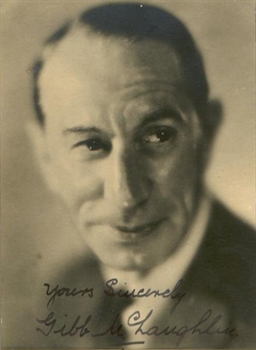
George McLoughlin, known professionally as Gibb McLaughlin, was an English film and stage actor.
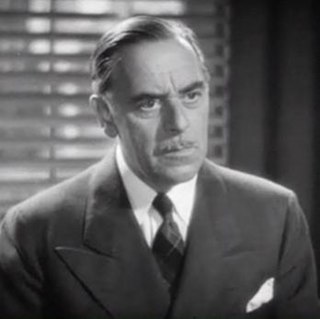
Walter Kingsford was an English stage, film, and television actor.

Edmund Breon was a Scottish film and stage actor. He appeared in more than 130 films between 1907 and 1952.
Percy Walsh was a British stage and film actor. His stage work included appearing in the London premieres of R.C.Sherriff's Journey's End (1928) and Agatha Christie's And Then There Were None (1943) and Appointment with Death (1945).
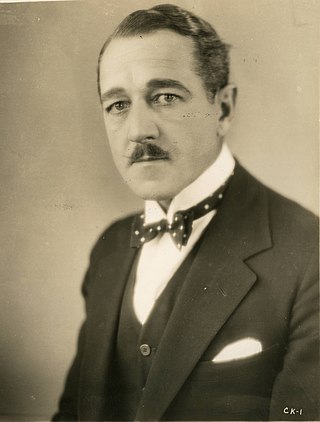
Crauford Kent was an English character actor based in the United States. He has also been credited as Craufurd Kent and Crawford Kent.
Peter Gawthorne was an Anglo-Irish actor, probably best known for his roles in the films of Will Hay and other popular British comedians of the 1930s and 1940s. Gawthorne was one of Britain's most called-upon supporting actors during this period.

Arthur Hambling was a British actor, on stage from 1912, and best known for appearances in the films Henry V (1944) and The Lavender Hill Mob (1951). In 1939 he appeared in the West End in N.C. Hunter's comedy Grouse in June.
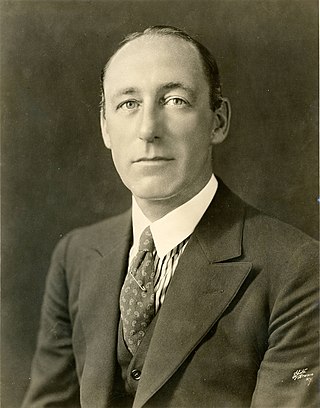
Francis Lumsden Hare was an Irish-born American film and theatre actor. He was also a theatre director and theatrical producer.

Frederick George Merritt was an English theatre, film and television actor, often in authoritarian roles. He studied German theatre in Magdeburg, Germany, and taught at the Berlitz School at the outbreak of the First World War, when he was held as a British Civil Prisoner of War, and interned at Ruhleben, 1914–1918. He was involved in over 50 plays at Ruhleben. He lived for many years in Lissenden Gardens, Parliament Hill, north west London.
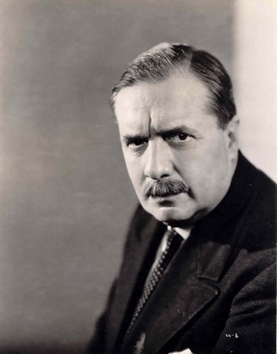
John Turnbull was a British stage and film actor. He was married to Eve Marchew and Beatrice Alice Scott (actress).
Charles Carson was a British actor. A civil engineer before taking to the stage in 1919, his theatre work included directed plays for ENSA during WWII.
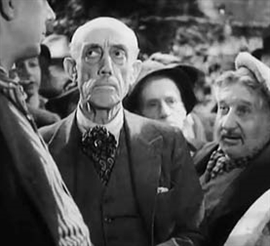
Arthur Henry Bromley-Davenport, better known as A. Bromley Davenport, was an English actor born in Baginton, Warwickshire, England, UK.

Claude Ewart King was an English-born character actor and unionist, who appeared in American silent film. With his distinctive wavy hair, King appeared on both stage and screen. He served his country, Great Britain, in World War I in Field Artillery, reaching the rank of Major and surviving the war. He began his stage career in his native country, before emigrating to the US. In 1919, he appeared on Broadway in support of Ethel Barrymore in the play Declassee.
